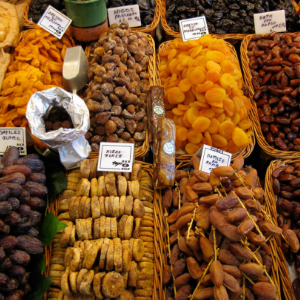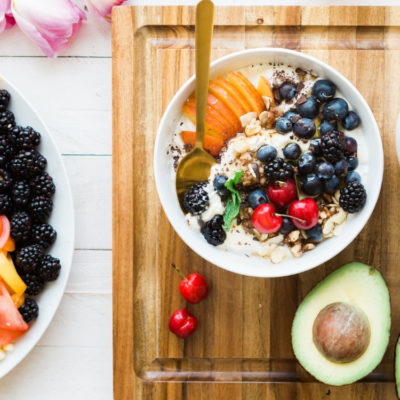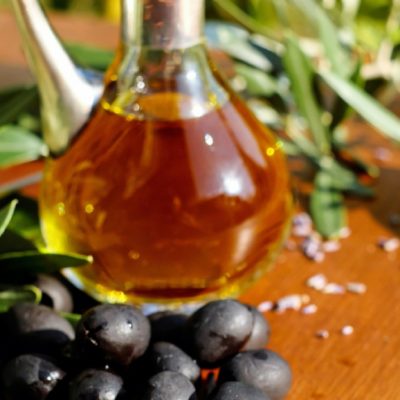There’s a debate about sugar raging in mainstream and online media. When you get down to it, there’s two basic types of sugars – intrinsic and extrinsic. What do those terms actually mean and are they good or bad for our health?
Intrinsic sugars refers to sugars which occur naturally in foods – like fructose in fruit and lactose in milk and yoghurt.
 Extrinsic sugars refers to sugars added to foods – like regular sugar (it is literally purified, concentrated and crystallized sugar cane juice) added to cakes and biscuits or one of the ‘new age’ types of sugar – say, agave nectar added to iced tea or poured on pancakes. Or it might be one of the numerous types of sugar added to the thousands of items in the supermarket aisles, including lollies, chocolates, soft drinks and, surprisingly, many savoury foods.
Extrinsic sugars refers to sugars added to foods – like regular sugar (it is literally purified, concentrated and crystallized sugar cane juice) added to cakes and biscuits or one of the ‘new age’ types of sugar – say, agave nectar added to iced tea or poured on pancakes. Or it might be one of the numerous types of sugar added to the thousands of items in the supermarket aisles, including lollies, chocolates, soft drinks and, surprisingly, many savoury foods.
So, now we know how to identify intrinsic and extrinsic sugars, what difference do they make?
Fruit gives us nutrients – vitamins, fibre and phytonutrients. Milk and yoghurt also provides us with nutrients – protein, vitamins and minerals like calcium. So there’s health benefits with nutrients which accompany intrinsic sugars.
Cakes, biscuits, lollies, chocolates, soft drinks… hmmm… They are really nice to have sometimes but generally not that nutritious. Yes, you can make (and sometimes buy) healthier versions but they are still high in extrinsic (read added) sugar and often high in fat, too. Subsequently, they are high in energy (read kilojoules or calories).
Sugar and our health
To maintain a healthy weight, we need to need to balance our energy in and energy out.
So, if you aren’t highly active then it’s better not to have too many of those foods high in extrinsic sugars.
There’s good research which shows being overweight increases your risk of chronic conditions like heart disease and type 2 diabetes as well as some cancers. And, of course, we’ve long known that a diet high in sugar is related to dental caries.
What should we eat?
Overall, eating whole foods which naturally contain sugars is good for our health. Aim for 2 serves of fruit a day and 2-4 serves of milk or yoghurt (or other calcium containing foods) each day.
Check out How much should I be eating? if you’d like to know how much of each of the food groups you should be aiming for each day.
But what about dried fruit used as sweeteners?
 A lot of recipes use dates or other dried fruit instead of sugar. Yes, dates are fruit and are natural, they contain fibre and some nutrients, but think about it – they are a source of (fruit) sugar, they are extrinsic to the finished product. And it’s sooo easy to eat way too many of the date balls or date slice…
A lot of recipes use dates or other dried fruit instead of sugar. Yes, dates are fruit and are natural, they contain fibre and some nutrients, but think about it – they are a source of (fruit) sugar, they are extrinsic to the finished product. And it’s sooo easy to eat way too many of the date balls or date slice…
Treat dried fruit sweetened foods like other sweetened processed foods – enjoy them in small amounts.
Mindful eating
Remember, though, to enjoy the food you eat. If you do choose to eat that date ball, chocolate cake or ice cream, take the time to focus on it and really taste it – use all your senses to eat it. Notice what it looks like, smell its aroma, feel it in your mouth, and really taste the flavours. That’s mindful eating.
Enjoy!
register here to receive Dale’s blog update in your inbox each week.
contact dale if you would like help to work toward achieving your health goals.






Comments (2)